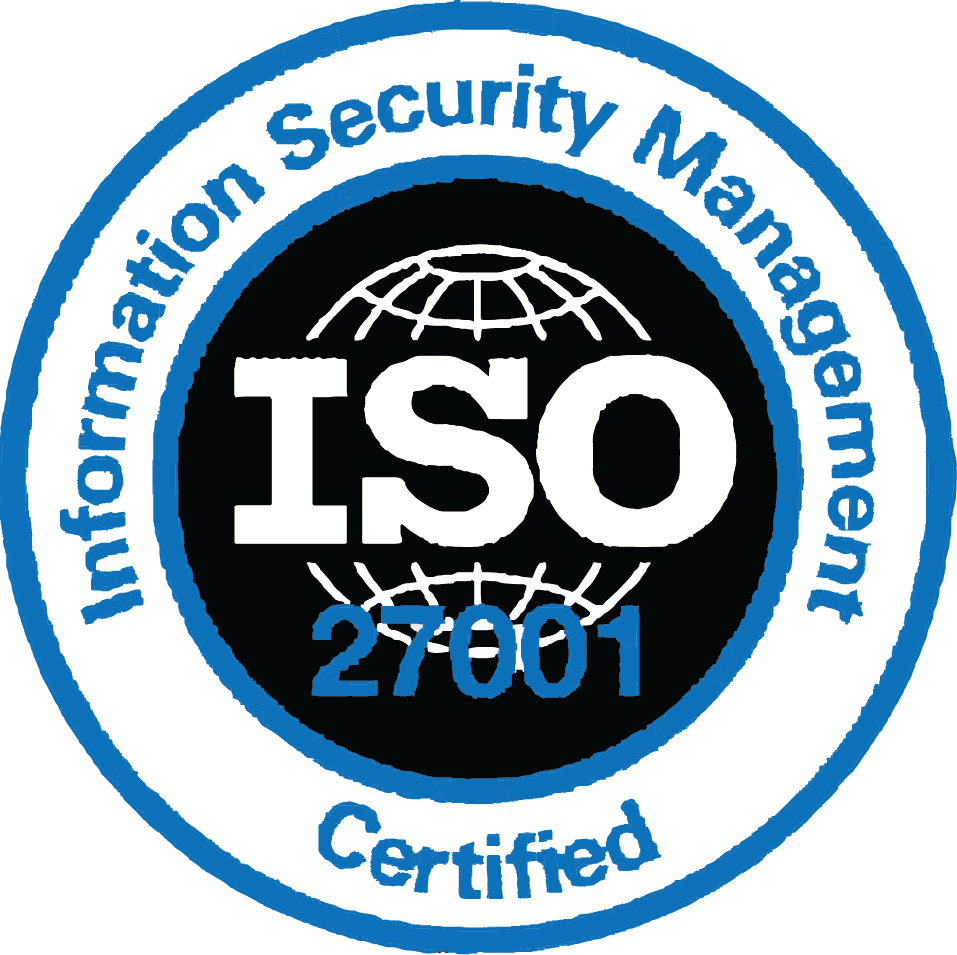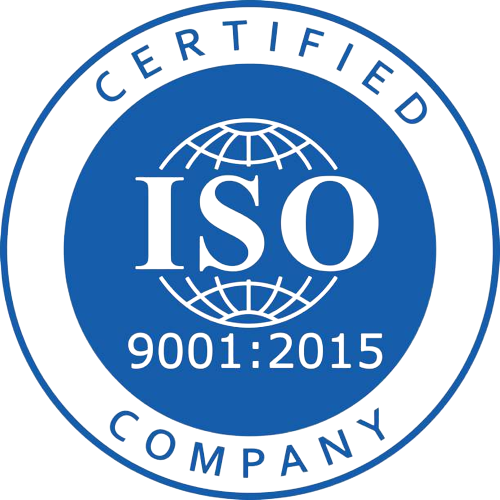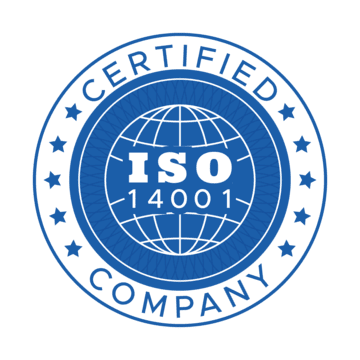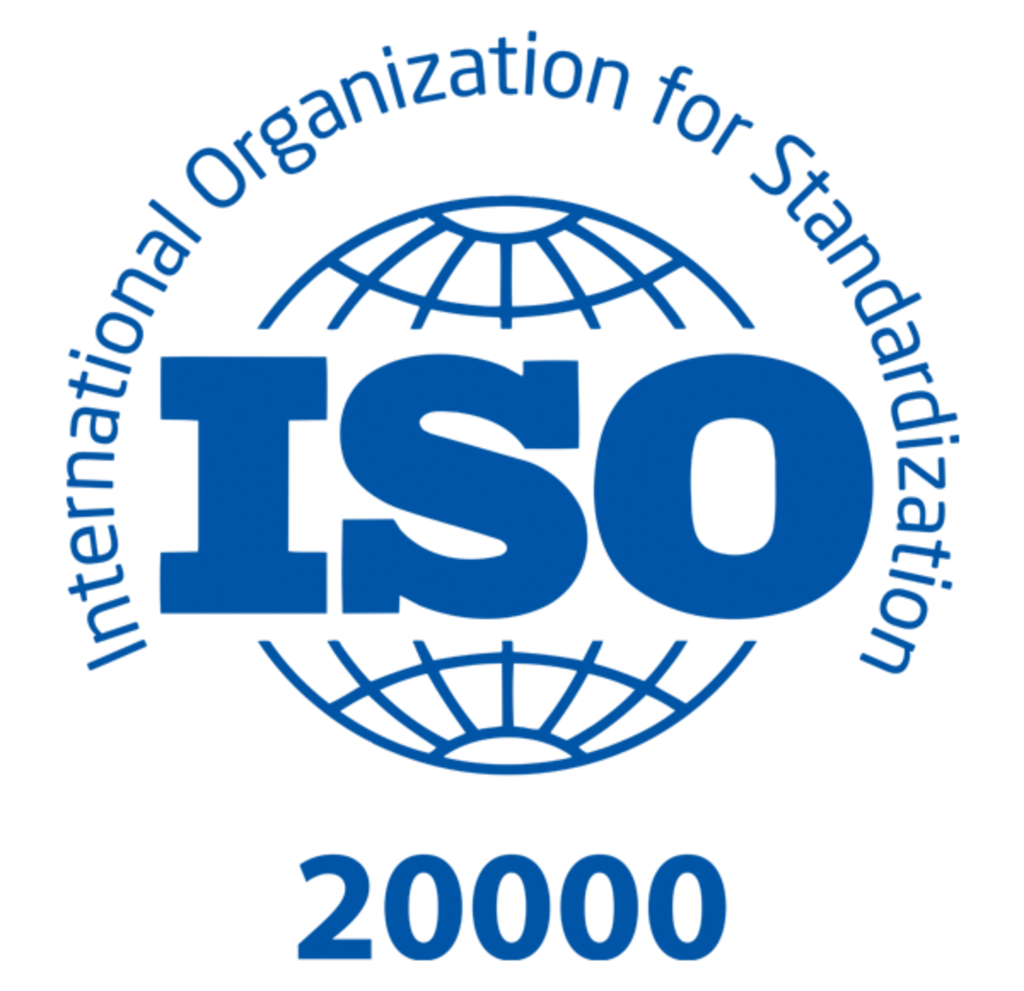SAP, or Systems, Applications, and Products, stands as a leading Enterprise Resource Planning (ERP) solution, offering businesses a comprehensive platform to manage various aspects of their operations. Renowned for its robustness, SAP plays a pivotal role in streamlining processes and enhancing overall efficiency.
Highlight the Significance of SAP Modules
SAP’s power lies in its modular structure, where distinct components, called modules, cater to specific business functions. Together, these modules create the foundation of SAP, ensuring smooth integration across an organisation’s various departments. This guide will explore the functional and technical modules that make SAP a versatile and essential tool for businesses worldwide.
SAP modules serve as business management software designed to collect, store, manage & analyse data from different functional areas. These individual software components focus on specific business functions or processes. Each module is customised to fulfil a particular purpose by concentrating on various operations such as finance, logistics, human resources, customer relationship management, etc. This categorisation into functional and technical modules highlights SAP’s comprehensive approach to meeting diverse business needs.
SAP Functional Modules
SAP functional modules play a pivotal role within the SAP system, serving as specialised components that zero in on distinct business processes or functional areas. Tailored to enhance organisational efficiency, these modules are crafted to streamline operations and adeptly manage different facets of a business.
One notable strength of SAP functional modules is their ability to address specific business needs precisely. Whether managing financial transactions, optimising sales processes, or overseeing human resources, each module is designed to be a dedicated solution for a particular aspect of business operations.
Moreover, the seamless integration of SAP functional modules ensures a cohesive workflow across an organisation. By providing a structured approach to managing diverse functions, these modules contribute to the overall success of businesses seeking to enhance their operational effectiveness
In essence, SAP functional modules are strategic tools that empower organisations to navigate and optimise specific business areas, fostering a more streamlined and efficient operational landscape.
Exploring Key SAP Functional Modules
Human Capital Management (SAP HCM)
SAP HCM oversees employee data, ensuring record accuracy. It tracks work hours for precise timekeeping and optimises schedules for productivity. The system efficiently handles payroll processes, automating calculations and deductions. It structures workforce hierarchy, ensuring clarity in roles. Additionally, SAP HCM nurtures employee skills through talent management, organises training programs, and streamlines hiring processes.
Production Planning (SAP PP)
SAP PP aligns production with sales forecasts, enhancing demand and supply coordination. It supports long-term production strategies and facilitates strategic decision-making. The module manages and analyses production data, ensuring accuracy. It plans production schedules, optimises resource utilisation, and monitors the shop floor for efficiency. SAP PP defines materials required for production, enhancing accuracy in material planning, and plans and optimises the supply chain, fostering collaboration with suppliers.
Material Management (SAP MM)
SAP MM optimises material planning and procurement processes. It manages services from external vendors, ensuring quality in service procurement. The module controls inventory levels, optimises stock for cost-effectiveness, and verifies and processes invoices, streamlining invoice verification.
Financial Supply Chain Management (SAP FSCM)
SAP FSCM manages financial risks, enhances liquidity management, and facilitates electronic bill presentation, improving billing efficiency. It oversees cash flow, optimises collections processes, manages credit risks, handles disputes in financial transactions, optimises internal cash flows, and streamlines bank communication.
Sales and Distribution (SAP SD)
SAP SD manages customer and product data, ensuring accuracy. It provides fundamental sales functions, drives sales, and coordinates shipping processes. The module optimises transportation logistics, manages international trade processes, generates invoices, and provides tools for sales analysis.
Project System (SAP PS)
SAP PS organises projects effectively, plans project timelines, and estimates project costs and revenue. It allocates budgets, manages material and service acquisition, records project activities, generates project-related invoices, and monitors project progress. The module concludes project activities, provides detailed reports, and enhances transparency.
Financial Accounting and Controlling (SAP FICO)
SAP FICO manages incoming and outgoing payments, handles assets, provides an overview of transactions, and manages bank transactions. It ensures accuracy in bank statements and supports financial reporting.
Plant Maintenance (SAP PM)
SAP PM maintains assets to minimise breakdowns, manages work orders, ensures safety in maintenance, and handles complex maintenance projects. It facilitates smooth transitions, provides analytical tools, plans and allocates resources, manages changes to technical objects, and ensures configuration control.
Quality Management (SAP QM)
SAP QM develops plans for consistent product quality, conducts inspections at production stages, implements measures for product validation, generates certificates confirming quality standards, manages notifications for quality issues, and tracks and manages testing equipment.
SAP Logistic Execution (LE)
SAP LE manages the shipment process, optimises warehouse processes, and improves efficiency in inventory management.
This overview simplifies the intricate functionalities of each SAP module, highlighting their essential roles in optimising business operations across diverse domains. Each module contributes significantly to process efficiency, transparency, and strategic decision-making within organisations.
SAP Technical Modules: Empowering Organisations with Technical Expertise
SAP technical modules form the backbone of the SAP ecosystem, dedicated to the intricacies of implementation, configuration, and development within the SAP environment. Tailored to meet the technical demands of organisations, these modules are indispensable for SAP Consultants and Implementation Service Providers entrusted with ensuring the seamless operation and customisation of the SAP landscape.
SAP Basis
SAP Basis serves as the Technical Foundation: It forms the bedrock of the SAP system, encompassing system administration, installation, configuration, and maintenance. Basis administrators ensure stability, availability, and optimal performance , managing user access, security, and system backups.
SAP ABAP (Advanced Business Application Programming)
ABAP, SAP’s primary programming language, empowers developers to craft customised reports, interfaces, enhancements, and workflows. ABAP developers are critical in tailoring SAP applications to meet specific business requirements.
SAP BI/BW (Business Intelligence/Business Warehouse)
SAP BI/BW is a robust solution for data warehousing and business intelligence. It aggregates and transforms data from diverse sources into a unified repository. BI developers utilise SAP BI tools to create insightful reports, dashboards, and visualisations, enabling data-driven decision-making.
SAP Security
Responsible for safeguarding critical business data and ensuring secure access to SAP systems, SAP Security manages user authorisations, controls data integrity, and monitors potential security risks. It is crucial to comply with regulatory standards and protect sensitive information.
SAP HANA (High-Performance Analytic Appliance)
In-Memory Database Platform: SAP HANA accelerates data processing and analytics as an in-memory database platform. Enabling real-time data analysis is essential for organisations seeking high-performance computing and advanced analytics capabilities within the SAP landscape.
SAP PI/PO (Process Integration/Process Orchestration)
SAP PI/PO facilitates the integration of different systems and applications, ensuring the seamless flow of data between various SAP and non-SAP systems. This module is crucial for streamlining business processes, enhancing data consistency, and optimising information exchange.
SAP Solution Manager
SAP Solution Manager is a centralised platform for application management and administration. It supports the entire lifecycle of SAP applications and ensures efficiency, from design and deployment to operations and monitoring.
SAP Cloud Platform
SAP Cloud Platform extends the capabilities of SAP applications to the cloud. As a platform-as-a-service (PaaS) offering, it enables the development, integration, and deployment of applications in the cloud. This module is essential for organisations embracing cloud technology within their SAP landscape.
SAP UI5 (User Interface 5)
Enhancing User Experience: SAP UI5 is a framework for building responsive and visually appealing UI for SAP applications. Supporting the development of web-based applications with a consistent and modern design, this module enhances the user experience across different SAP applications.
Difference Between Functional and Technical Consultants
Functional and technical consultants play distinct roles owing to their diverse skill sets, particularly in client interactions. Available consultants, often the initiators of projects, engage with clients to comprehend their needs, assets, and gaps. They formulate plans to bridge these gaps by adding new modules or orchestrating comprehensive upgrades and migrations.
Throughout the project’s lifecycle, the functional team undertakes various responsibilities. This includes establishing benchmarks, ensuring optimal system performance, and preparing stakeholders for the system’s steady-state operation upon project completion.
On the other hand, the technical team is responsible for the actual implementation, scaling, and refinement of the system. Technical consultants, skilled in programming and SAP administration, meticulously calculate processing power requirements, oversee system configurations, install upgrades, and ensure all specifications are met.
Functional consultants focus on understanding and addressing client needs, while technical consultants handle system implementation and optimisation. Together, they contribute to the successful planning, execution, and completion of projects.
Conclusion
To sum it up, SAP is like a powerful toolkit for businesses. It has two main parts: functional modules and technical modules. Functional modules are like specialised tools for different jobs in a business. For example, there’s one for managing employees, one for planning production, and others for handling money, sales, and projects. Each tool is designed to make a specific part of the business work better.
On the technical side, some modules act like the behind-the-scenes experts. They ensure everything runs smoothly, from setting up the system to handling the technical details. Think of them as the backstage crew making sure the show goes smoothly.
In projects, there are two types of experts: functional consultants and technical consultants. Available consultants talk with the business to determine what’s needed and devise a plan. Technical consultants are the hands-on experts who ensure the program works in reality.
So, SAP is like a superhero for businesses, with its functional modules doing specific jobs, technical modules handling the technical stuff, and both consultants working together to make sure everything runs smoothly. It’s a powerful ally for businesses looking to streamline their operations and make smarter decisions.
Here’s where VE3 emerges as a valuable partner for organizations aiming to harness the full potential of SAP. With our active partnership with SAP and expertise in both functional and technical aspects, we offer comprehensive solutions for SAP implementation, customization, and ongoing support. To know more, explore our innovative digital solutions or contact us directly.


















